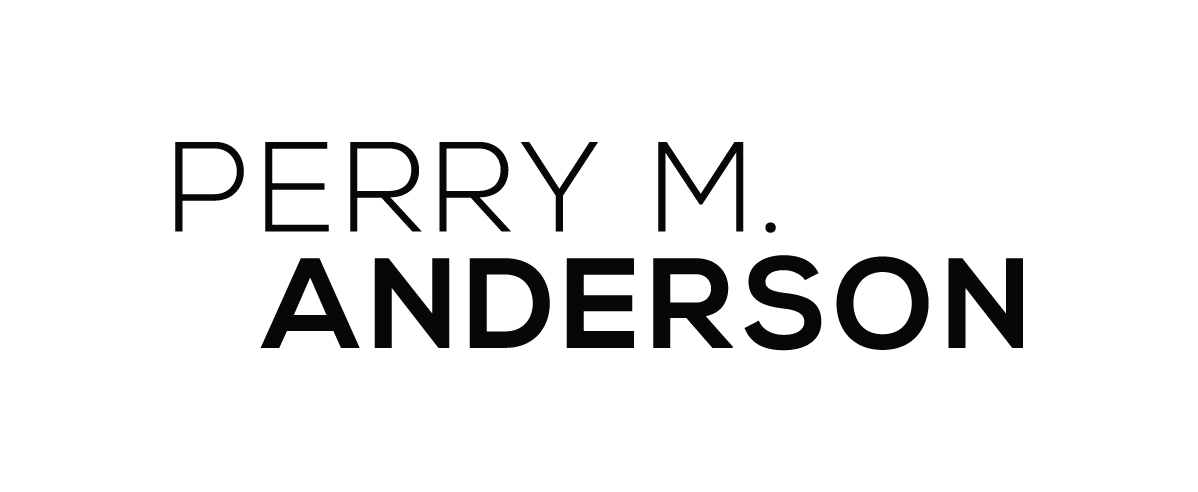Start-Up Vs. Established: The Math Behind Selling A Multi-Million Dollar Business
Startup or established? A closer look at the math…
Sounds like the way to go, does it not? Put five to ten years into a startup, sell for millions and retire on the beach? The potential for enormous returns for tech companies has sparked a rash of startups that makes the idea of stock dividends seem paltry.
Yet I will discourage people from starting a business every time.
First of all, the blowout returns you hear about in the headlines are very few and far between. They are household names that have significantly shaped society, like Facebook, Google, AirBnB, etc. The truth is that most startups will be defunct within three years. Of the businesses that remain, only very few will net the creator millions after the years of 12-14 hour days of hard work.
Even for the businesses that sell for tens of millions.
People have to pause for a moment when I tell them this, but it’s hard to argue with the math.
Suppose you and two partners begin a company and after a year, secure $1MM in shadow investment, in exchange for 10% of the company.
In another year, you obtain another $4MM to capture the market, in exchange for 25% stake.
Suppose in another number of years you offer your employees incentive and compensation in the form of equity totalling another 25% of the company.
Then you raise $5MM to take advantage of growth trends for 15% of the company.
Finally, your early investors are ready to exit. You decide to divest your employees and then sell. The company is worth an astonishing $30MM.
Except that you own 20%, not 100%. After you repay your investors and cash out your employees, you have $6MM to divide with your partners. $6MM three ways is $2MM.
This amount is not peanuts. However, after your tax liability on the payout, even if spread over three years, you will have something much closer to low six figures than the millions you had envisioned.
This simple math is one of the reasons I don’t recommend starting a business, even when the idea is fantastic and the numbers crunch right initially. Added to this is the consideration that by working a startup, you were toiling for an annual paycheck far below what you could have had working at an established company. Your lifetime earnings to date are much lower than market rate.
By purchasing a business that is already off the ground, you have instant, stable cash flow. This one fact offsets the uncertain hungry startup days and adds up to a better payoff in the end. The 12-hour days may still apply somewhat as the business owner, but the startup expenditure and risk has already been taken.
If it’s the larger payoff you’re looking for, acquiring an existing business is much more likely to work out in your favour.

